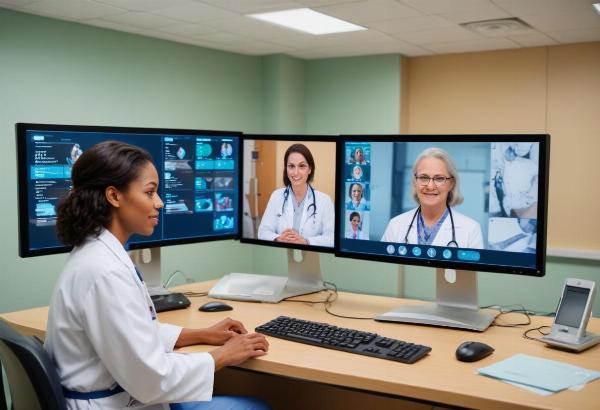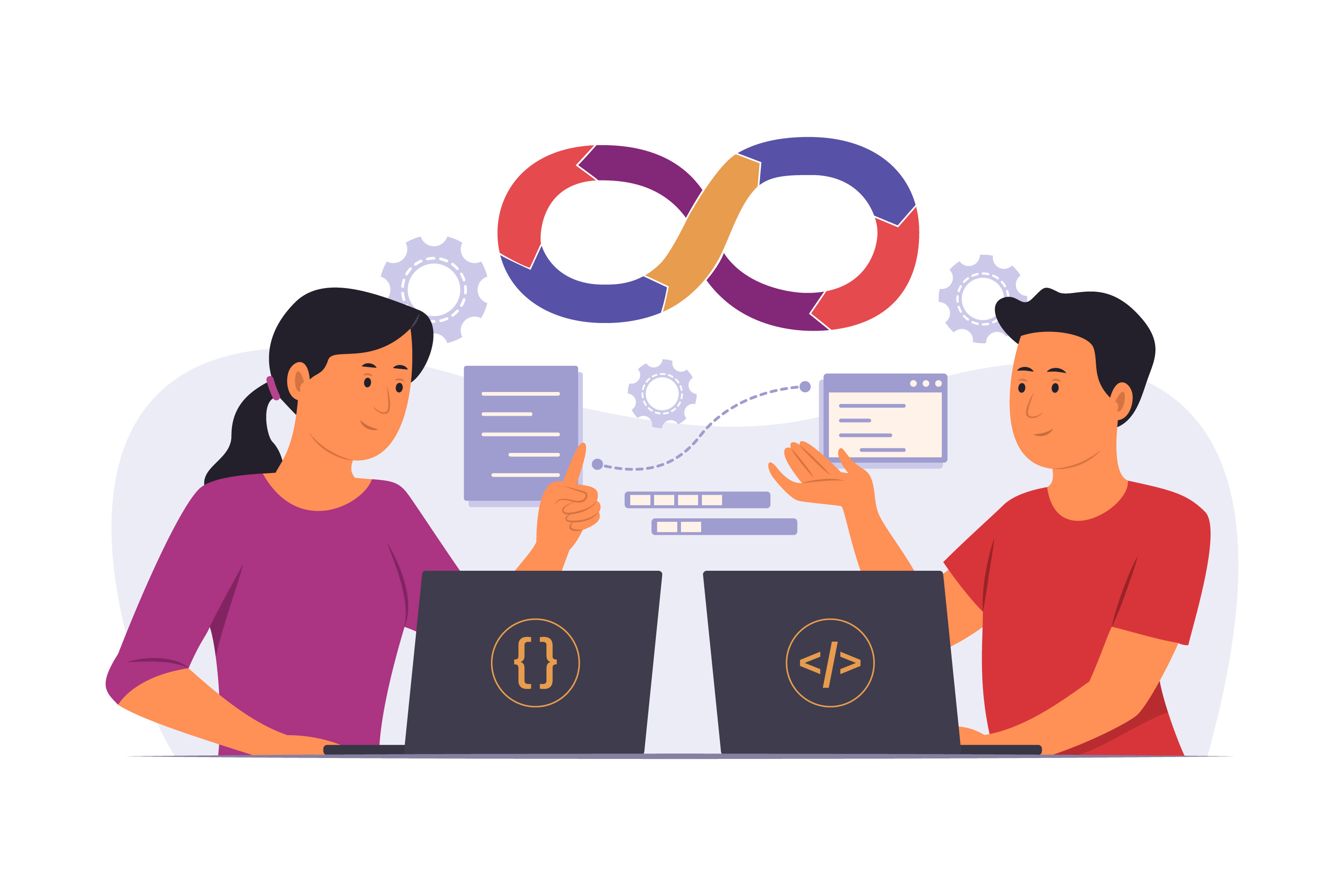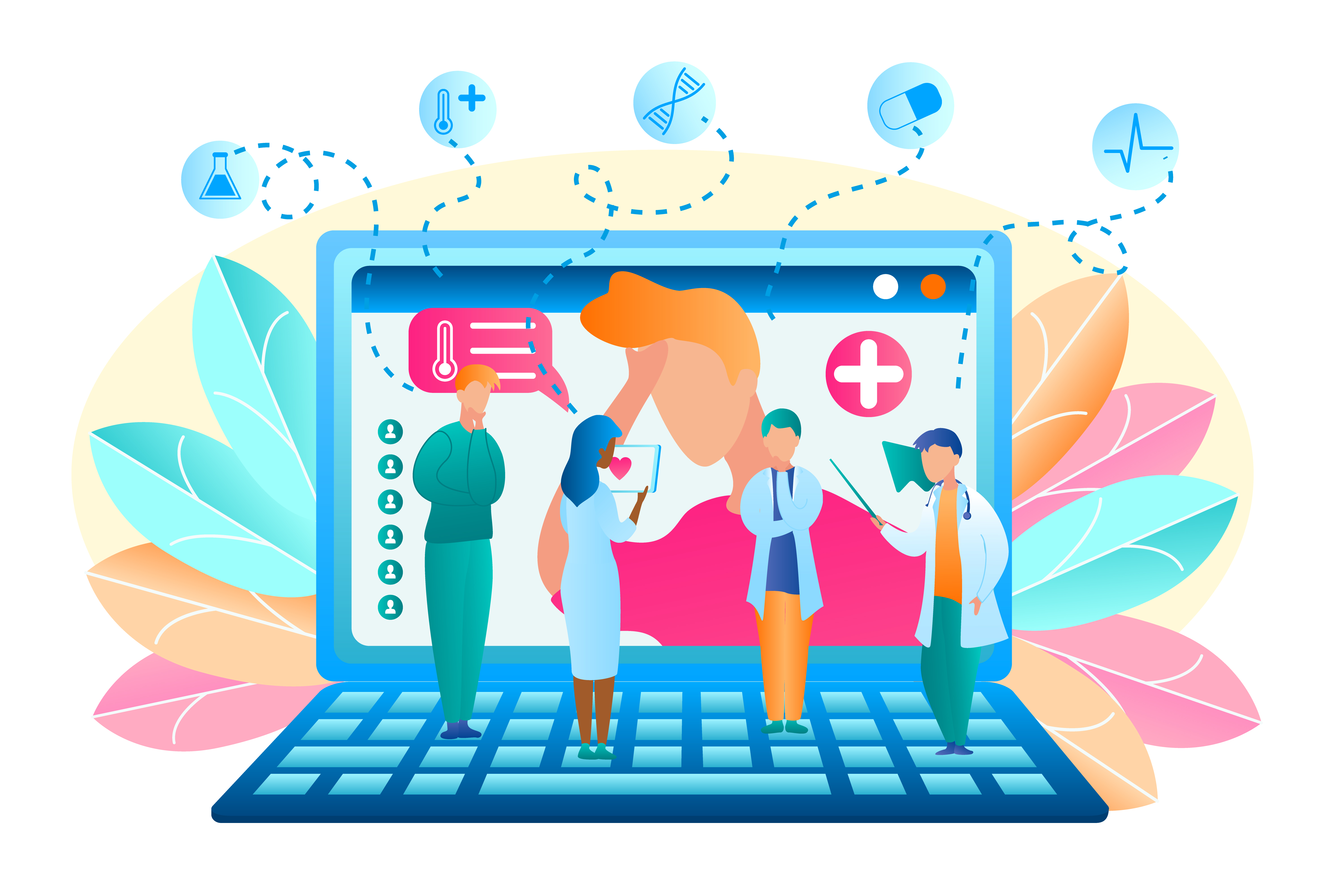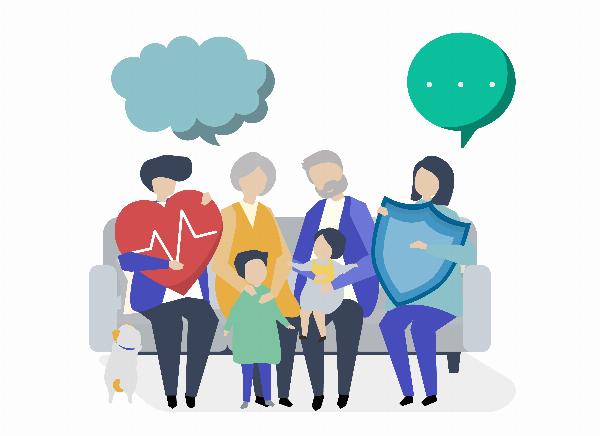Why Standard AI Models Can’t Solve Unique Healthcare Challenges

Artificial Intelligence (AI) is transforming industries worldwide, and healthcare is no exception. From diagnostics to administrative automation, AI is playing a crucial role in improving patient outcomes and operational efficiencies. However, despite its promise, standard AI models often fall short in addressing the unique and complex challenges of healthcare. Why? Because healthcare is not a one-size-fits-all industry. Custom AI solutions tailored to specific healthcare needs are the way forward.
The Limitations of Standard AI Models in Healthcare
While off-the-shelf AI solutions offer general benefits, they come with significant limitations when applied to healthcare settings:
1. Lack of Contextual Understanding
Healthcare is deeply nuanced, with vast differences in patient demographics, medical histories, and treatment approaches. Standard AI models are typically trained on generic datasets, making them ill-equipped to handle case-specific complexities.
2. Data Privacy & Compliance Challenges
Healthcare organizations must adhere to strict regulations like HIPAA (Health Insurance Portability and Accountability Act) and GDPR. Generic AI solutions may not be designed with built-in compliance, putting sensitive patient data at risk.
3. Interoperability Issues
Healthcare systems rely on multiple Electronic Health Record (EHR) platforms, medical imaging databases, and patient management systems. Standard AI models often struggle to integrate seamlessly with diverse healthcare software, creating data silos and inefficiencies.
4. Bias in Training Data
Pre-trained AI models often reflect biases in the datasets they are trained on. In healthcare, biased models can lead to misdiagnoses, ineffective treatment plans, and disparities in care delivery.
5. Inability to Adapt to Evolving Medical Knowledge
Medical research continuously evolves, with new treatments, drugs, and guidelines emerging regularly. Standard AI models, once deployed, do not automatically update themselves with the latest medical knowledge, leading to outdated recommendations.
Why Custom AI in Healthcare is the Answer
To overcome these challenges, custom AI solutions in healthcare software development provide a more precise, adaptable, and effective approach. Here’s how:
1. Tailored Algorithms for Precision Medicine
Custom AI models are built using institution-specific data, ensuring they align with the unique patient population and treatment methodologies. This allows for more accurate diagnoses and personalized treatment recommendations.
2. Regulatory Compliance by Design
AI solutions designed specifically for healthcare incorporate compliance with regulations from the ground up. This reduces legal risks and enhances patient trust.
3. Seamless EHR and System Integration
Custom AI models are developed with interoperability in mind, enabling smooth integration with existing healthcare IT infrastructure, facilitating real-time data exchange and better clinical decision-making.
4. Bias Mitigation Through Diverse Data Training
By training models on diverse and representative datasets, healthcare organizations can minimize biases, ensuring fair and effective treatment for all patient groups.
5. Continuous Learning and Adaptability
Unlike standard AI, custom models can be continuously updated with real-world clinical data and emerging medical knowledge, keeping them relevant and effective.
The Future of AI in Healthcare: Customization is Key
The future of AI in healthcare lies in customization. Healthcare providers and software developers must collaborate to create AI solutions that adapt to their specific needs rather than relying on generic models. By investing in custom AI-driven healthcare software development, organizations can enhance patient care, optimize workflows, and drive better clinical outcomes.
Conclusion
While AI holds immense potential for healthcare, standard models are not enough to address its unique challenges. Custom AI solutions tailored to specific healthcare environments provide the precision, compliance, and adaptability needed for success. As healthcare software development continues to evolve, embracing AI solutions designed specifically for the industry will be the key to unlocking true transformation.
Looking for AI-powered healthcare software that fits your needs? Contact us to explore how custom AI can revolutionize your healthcare solutions.
Note: IndiBlogHub features both user-submitted and editorial content. We do not verify third-party contributions. Read our Disclaimer and Privacy Policyfor details.







